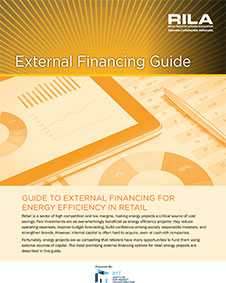Energy Performance Contract
EPCs are one of the most successful and long-standing financing mechanisms specifically for energy efficiency. Although most EPCs to date have been used to fund government efficiency projects, they have also worked effectively for the private sector.
EPCs are typically designed so that the value of energy savings is split between the customer and the ESCO throughout the contract term, such that the customer’s total savings exceed all of their payments over the 10-20 year contract term. After the EPC term, payments to the ESCO cease and the customer operates and maintains the energy efficiency improvements and retains all energy savings. In many cases, an ESCO will guarantee a certain level of energy savings to the customer. If the guaranteed level of energy savings is not delivered, the ESCO will have to pay the difference between the guaranteed and the actual level of savings. An energy savings guarantee from a creditworthy ESCO can improve the finance ability of the EPC if the customer is securing financing.
